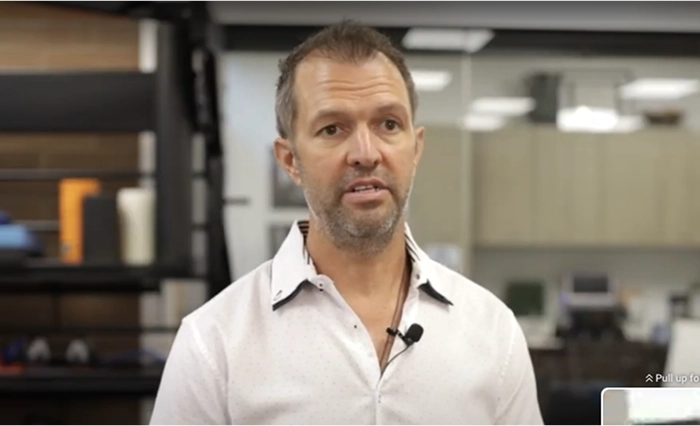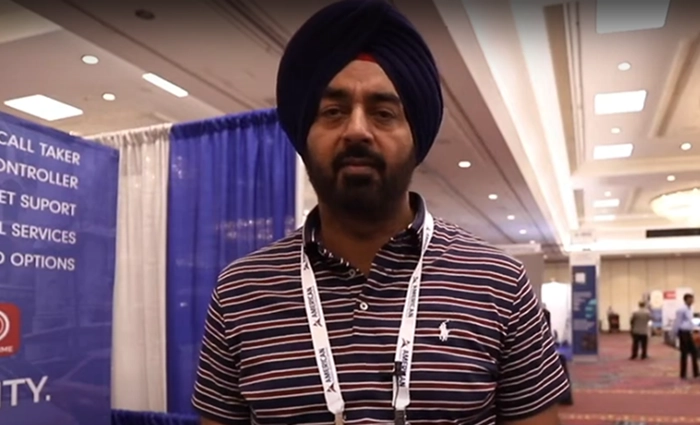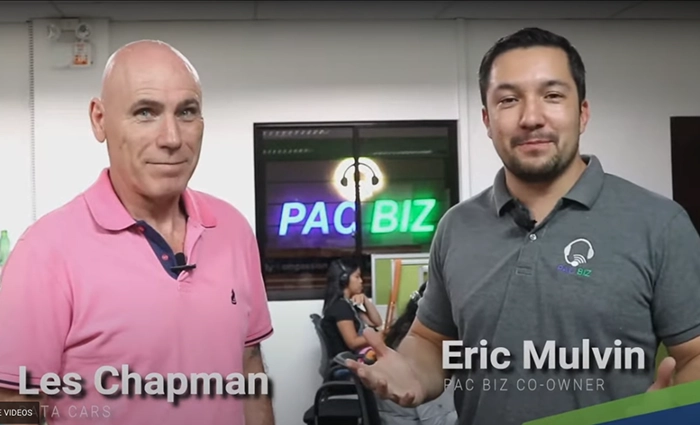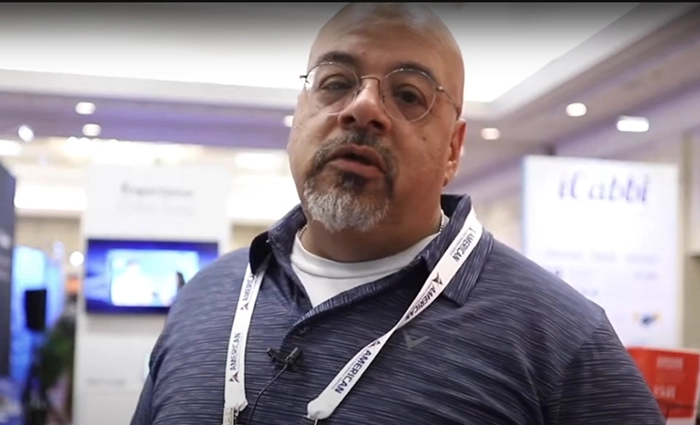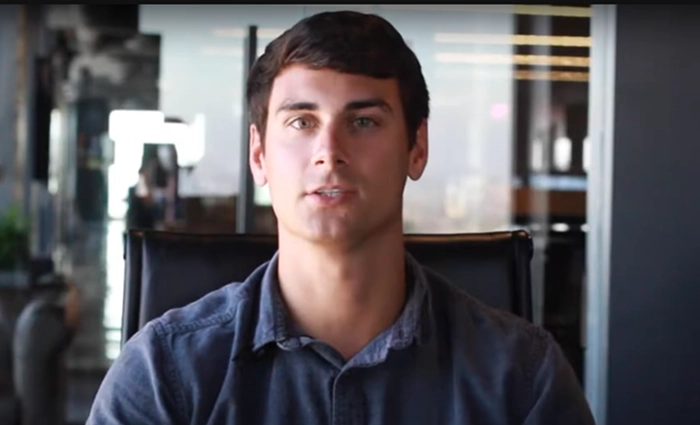Outsource Smarter. Scale Faster. Never Miss Another Growth Opportunity
Pain Points
The Real Reason You’re Struggling to Scale

Meet Your Guide
Real Support. Real Systems.
Real Results.
At Pac Biz, we help companies that are overwhelmed by hiring challenges, turnover, and manual processes to reclaim control. Our clients often face burnout from repetitive tasks and bottlenecks that slow them down. That’s where we step in.
Trusted by clients for over 10 years, our AI + HI (Human Intelligence) powered outsourcing solutions are built to scale with your business and will stay with you for the long haul. From customer service and virtual assistants to operations support, our approach blends smart systems with real people who care, so you can delegate with confidence and focus on what matters the most. Growing your business!
01
Discovery Call
Understand your business, culture, goals, and identify operational bottlenecks and AI + HI opportunities.
02
Proposal & Contract
Customized solutions, transparent pricing, and aligned expectations.
03
Kickoff & Support
We onboard, integrate, and begin transforming your operations immediately.

Growth Gets Easier with the Right Partner
What We Deliver
At Pac Biz, we help businesses succeed by providing dependable, performance-driven outsourcing solutions. Through consistent processes, dedicated teams, and a deep understanding of your operations, we take the pressure off your internal staff so you can stay focused on what matters the most – growth.
Whether it’s customer support or virtual assistance, we become a seamless extension of your team, delivering reliable service that elevates your brand and accelerates your goals.
Request appointment
Dedicated Virtual Assistants, Supercharged by AI
Testimonials
Client Feedback
Why Companies Choose
Pac Biz?
Over 10 years of delivering results for clients in transportation, eCommerce, SaaS, and service-based industries.
Our agents stay with us and with you for the long haul, offering the kind of consistency your business needs to grow.
From one assistant to a fully managed team, we customized support based on your stage, structure, and business growth goals.
Every client is paired with a dedicated account manager, transparent performance tracking, and a support plan aligned with your vision.

TESTIMONIALS
What our Clients Say About Us
Contact Us
Let’s Get to Work

